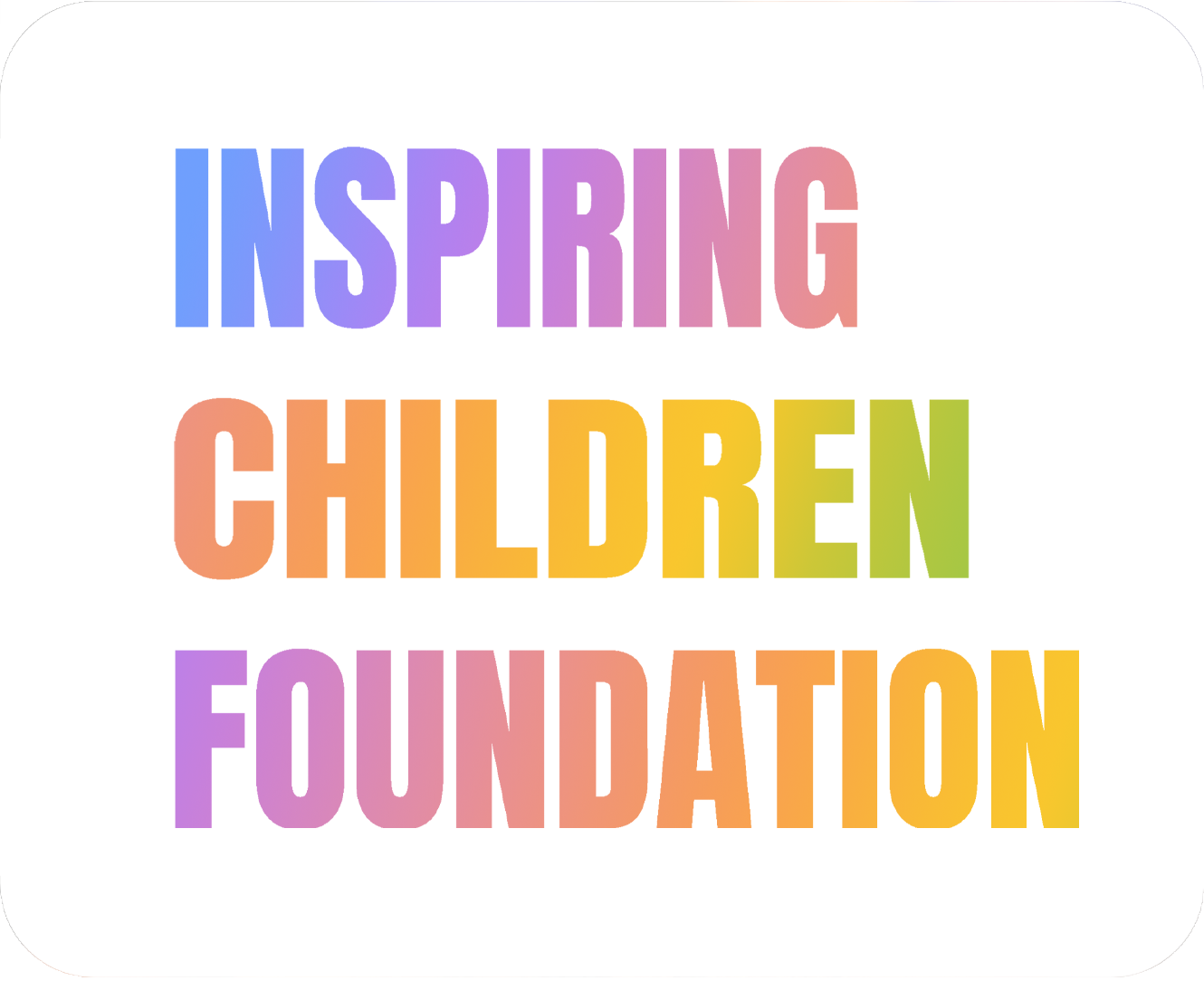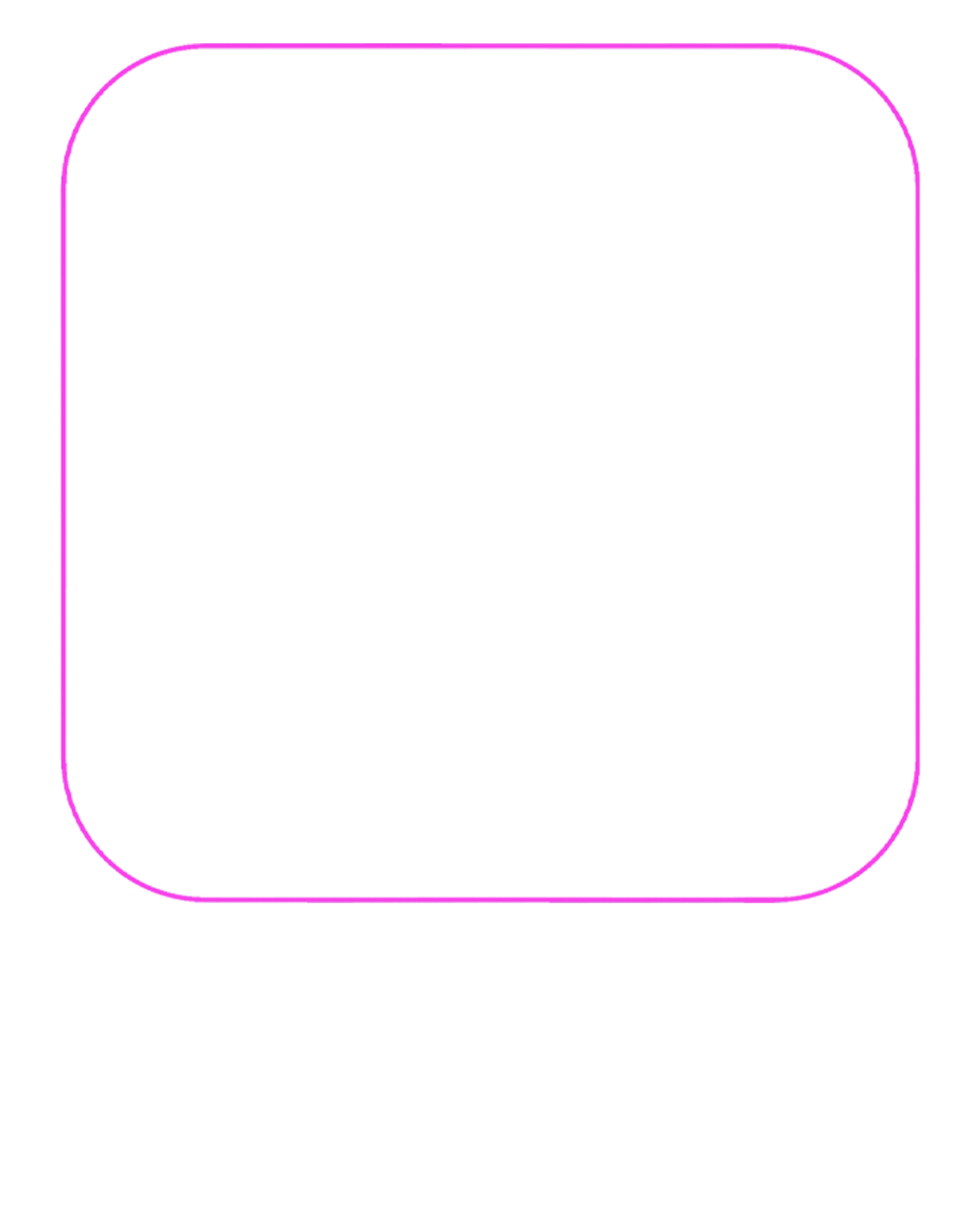Powered by The Inspiring Children Foundation
These tools were created for those who feel alone in their struggles. Built alongside youth in our foundation and backed by experts like Dr. Blaise Aguirre, they’re here to help you heal—no matter where you’re starting from.
You’re Not Alone
Our Tools
Real tools. Real Change.
Created by youth, backed by experts.
🧰 How to Use
Each mental fitness tool on this page includes a “Full Toolkit” — a curated set of resources to help you apply the practice in your everyday life. These include:
A 1–2 minute explainer video
Guided meditations or audio practices
Self-assessment worksheets
Journal prompts
Bonus resources to go deeper
Whether you're feeling overwhelmed, anxious, burnt out, or just need a reset, these tools are designed to support you where you are.

Calm Your Mind
Best For: Anxiety, stress, decision fatigue, burnout and insomnia
💡 Why This Helps:
Deep breathing, mindfulness, and calming practices can significantly reduce cortisol levels and improve mood and focus. Research shows that mindfulness practices can reduce anxiety by up to 58% and improve sleep quality by 33%.
Full Toolkit
PDF Toolkit
Write
Best For: Stress relief, emotional processing, racing thoughts,
self-reflection, identity exploration, and insomnia.
💡 Why This Helps:
Writing allows you to slow down and untangle your thoughts. Studies show expressive writing can reduce symptoms of anxiety and depression, improve sleep, and even boost immune function. Whether journaling, venting on paper, or jotting gratitude lists, writing can create clarity, release emotional weight, and foster a deeper understanding of yourself.
PDF Toolkit
Full Toolkit

Create
Best For: Anxiety, low mood, rumination, burnout, disconnection from self, and creative block.
💡 Why This Helps:
Creative expression gives your brain a break from overthinking and invites play, presence, and purpose. Whether it’s drawing, writing a poem, or making something with your hands, engaging in art can lower stress hormones, elevate mood, and rewire thought patterns. Creating helps you connect with your inner world in a safe, empowering way — no artistic talent required.
PDF Toolkit
Full Toolkit
Nourish Yourself
Best For: Fatigue, brain fog, body image struggles, emotional imbalance, and disconnection from self
💡 Why This Helps:
When you nourish your body with intention, you’re also nourishing your mind. Practicing mindful eating, staying hydrated, and building gratitude for what your body does can improve mood, stabilize energy, and foster self-respect. Nourishment isn’t about restriction — it’s about honoring your body as a partner in your healing.
PDF Toolkit
Full Toolkit
Your Journey, Your Tools
There’s no one-size-fits-all approach to mental health. What works for one person may not work for another — and that’s okay. The tools on this page are designed to help you build a foundation: practical, accessible strategies to calm your mind, reflect, connect, and grow.
These are starting points. You might find one tool that speaks to you, or several that help in different moments. Use them regularly, or return to them when you need support. They’re here for you.
At the same time, mental health is complex. These tools are not meant to replace therapy, medical care, or deeper personal work. We encourage you to explore additional resources, connect with trusted professionals, and keep learning what works best for you.
This page is a step toward that journey — and a reminder: you’re not alone in it.

Embrace Nature
Best For: Overthinking, disconnection, depression, burnout, tech overload, and chronic stress.
🌳Why This Helps:
Spending time in nature helps regulate your nervous system, reduce cortisol levels, and restore your sense of perspective. Even a few minutes outside can calm the ruminating mind, boost mood, and improve cognitive function. Whether it's walking barefoot on grass or simply listening to natural sounds, reconnecting with nature is a powerful, evidence-based reset for your body and mind.
PDF Toolkit
Full Toolkit
Shift Your Focus
Best For: Mental ruts, obsessive thinking, sadness, burnout, emotional overwhelm, decision fatigue.
💡Why This Helps:
Sometimes the best way to move forward is to take a step back. Shifting your attention to uplifting, calming, or inspiring content gives your brain a break from stress and creates space for clarity. Healthy distractions like reading, music, or movies can interrupt negative thought loops and spark a sense of joy, curiosity, and renewed energy.
PDF Toolkit
Full Toolkit

Connect
Best For: Loneliness, isolation, disconnection from self or others,
social anxiety, lack of support, low self-worth.
💬Why This Helps:
Connection is one of the strongest protective factors for mental health. Whether it's connecting with others, with nature, or with your inner self, building meaningful relationships can reduce stress, ease loneliness, and increase resilience. When you feel seen, heard, and valued, it creates a foundation of emotional safety—vital for healing and thriving.
PDF Toolkit
Full Toolkit
Move
Best For: Stress, anxiety, low energy, brain fog,
trauma recovery, restlessness, depression, burnout.
💪Why This Helps:
Movement supports mental health by regulating the nervous system, releasing mood-boosting chemicals like endorphins, and helping the body discharge stored stress and tension. Whether it’s walking, dancing, stretching, or vigorous exercise, moving your body is a powerful way to reconnect to the present moment, increase vitality, and elevate your emotional well-being.
PDF Toolkit
Full Toolkit

Help Others
Best For: Loneliness, low self-worth, hopelessness, rumination, disconnection, and depression.
🫶Why This Helps:
Helping others creates a sense of purpose, connection, and empowerment. Acts of service—big or small—can shift focus away from internal struggles and toward something meaningful. Volunteering, showing kindness, or supporting a friend activates empathy and compassion, which have been shown to reduce symptoms of anxiety and depression and even improve physical health. Giving is grounding—and it reminds you that you matter.
PDF Toolkit
Full Toolkit
Ask for Help
Best For: Overwhelm, isolation, burnout, suicidal thoughts,
uncertainty, and navigating mental health struggles alone.
💡Why This Helps:
Reaching out is an act of courage, not weakness. Whether you're speaking to a friend, family member, teacher, therapist, or helpline, asking for help opens the door to support, clarity, and healing. It reminds you that you don’t have to carry everything by yourself. Getting help can reduce risk in crisis moments, build trust, and connect you to tools or people that make a real difference.
PDF Toolkit
Full Toolkit
Rest
Best For: Burnout, fatigue, anxiety, overstimulation,
chronic stress, insomnia, and difficulty focusing.
😴Why This Helps:
Rest is not a reward—it’s a requirement for your brain and body to heal, reset, and function well. Whether it’s deep sleep, short naps, or quiet stillness, restorative breaks improve memory, emotional balance, decision-making, and overall resilience. In a fast-paced world, intentional rest builds a strong foundation for mental health by calming your nervous system and replenishing your energy.
PDF Toolkit
Full Toolkit
Test
Best For: Burnout, fatigue, anxiety, overstimulation,
chronic stress, insomnia, and difficulty focusing.
😴Why This Helps:
Rest is not a reward—it’s a requirement for your brain and body to heal, reset, and function well. Whether it’s deep sleep, short naps, or quiet stillness, restorative breaks improve memory, emotional balance, decision-making, and overall resilience. In a fast-paced world, intentional rest builds a strong foundation for mental health by calming your nervous system and replenishing your energy.
PDF Toolkit
Full Toolkit
I can’t shut off my thoughts
I feel totally alone
I’m exhausted but can’t rest
Calm Your Mind
Write
Connect
Our Tools
Nourish Yourself
Embrace Nature
Ask For Help
Create
Move
Rest
Shift Your Focus
Help Others
“The things you fear are undefeatable, not by their nature but by your approach”
- Jewel
1 in 5 U.S. adults experience mental illness each year.
1/3
Anxiety disorders are among the most common mental illnesses.
2/3
Over 50% of adults with a mental illness do not receive treatment.
3/3
“The things you fear are undefeatable, not by their nature but by your approach”
- Jewel
This section, and much of the challenge, was created and run by the youth in the Inspiring Children Foundation. We believe that children learn by doing real-life work, and we are very proud that much of the work surrounding this campaign was done by our youth, alumni and leadership. They were also responsible for developing these tools with the oversight of our Mental Health Advisory Committee.
View more on Jewel Never Broken Community.
Hotline information: If you are in crisis please call the mental health hotline and dial 988. You can also text ‘HERO’ to 741741.
-
Rest
Embrace Nature
Nourish Yourself
-
Write
Create
Shift Your Focus
-
Connect
Ask for Help
Help Others

Active Minds
ADDITIONAL RESOURCES/ NA PARTNERS
Goldie Hawn Meditation
Child Mind Institute
Trevor Project
Anxiety & Stress
Anxiety & Stress
BIPOC
BIPOC
Bipolar
Bipolar
Pain Points/Mini Toolkits
Connection
Connection
Coping
Coping

Mental Fitness Tools
Powered by:
This section, and much of the challenge, was created and run by the youth in the Inspiring Children Foundation. We believe that children learn by doing real-life work, and we are very proud that much of the work surrounding this campaign was done by our youth, alumni and leadership. They were also responsible for developing these tools with the oversight of our Mental Health Advisory Committee.
View more on Jewel Never Broken Community.
Hotline information: If you are in crisis please call the mental health hotline and dial 988. You can also text ‘HERO’ to 741741.

We recognize that individuals from marginalized communities face disparities in mental health care and utilization for a variety of reasons, some of which include provider discrimination, lack of adequate health insurance, high costs, limited access to quality care, stigma, mistrust of the healthcare system, and limited awareness about mental illnesses.
Below we have provided some mental health resources specific to:
A big “Thank You” to:
Sarah Lucas
Matthew Sypert
Katrina Sta Cruz
Sydney King
Cherrial Odell
Selena Williams





































